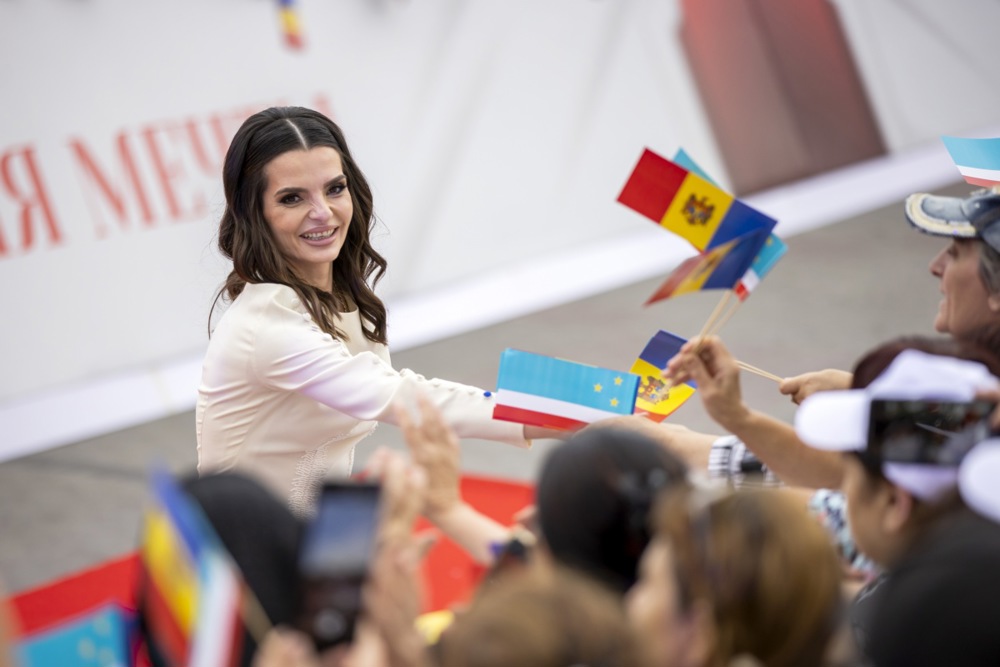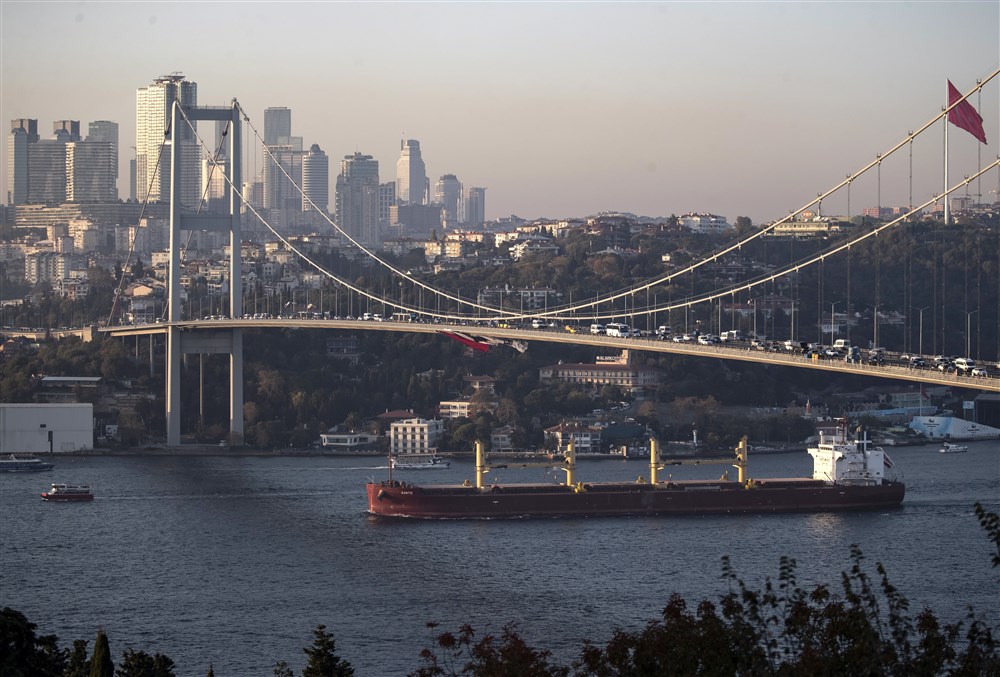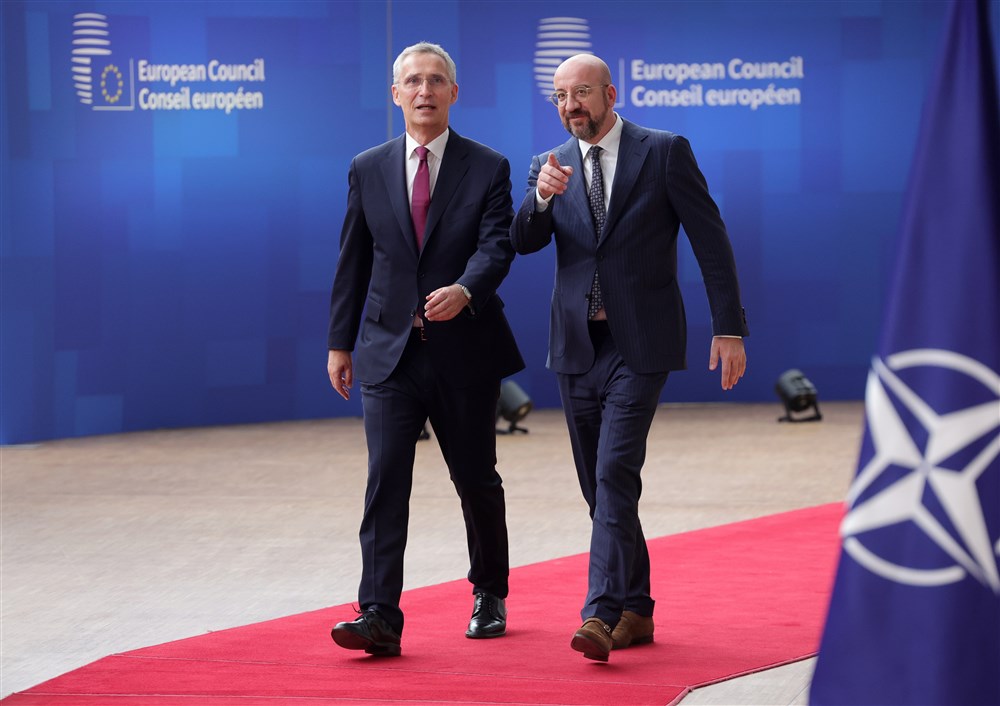A pro-Russian region of Moldova is threatening to break away from the country in a move that could spell further destabilisation for the small Eastern European nation, which is seeking to join the European Union.
Wedged between Romania and Ukraine, Moldova already finds itself in a precarious position.
With the Russia-backed breakaway Republic of Transnistria on its eastern border, the country now faces a similar situation with the southern autonomous region of Gagauzia.
Dmitri Constantinov, the president of Gagauzia’s local parliament, raised the possibility of secession at a press conference.
“We will decide how to proceed in the future. It is possible that we could redeclare the Republic of Gagauzia. People are asking for this because the central Republic [referring to the Moldovan central authorities] is passively disregarding our legislation,” he said.
The Gagauz region is home to the Gaguaz people, who are Orthodox Christian but mostly speak a Turkic language. The area is often considered a “powder keg” and has a tumultuous history of separatist movements that trace back to the early 1990s.
The proclamation of an “autonomous republic of Gagauzia” in the early 1990s led to clashes between Moldova’s forces and the self-proclaimed autonomous entity. The situation was eventually resolved with the establishment of Gagauz Autonomy’s special status in 1994, giving the region its own parliament and elected governor.
Constantinov’s statement comes as a response to the perceived negligence of the central Moldovan authorities who, according to him, are failing to uphold the region’s autonomous laws.
The issue gained prominence after the National Anticorruption Centre seized electoral lists following a ballot for the regional governor, fuelling frustration among the Gagauz population. This sentiment was evident during a recent meeting of local officials, where the possibility of a Gagauz republic was discussed.
Gagauzia’s strong pro-Russian sentiment and what many see as Russification have fuelled the push for autonomy, with 98 per cent of the population favouring pro-Russian candidates in the recent vote for a governor. That saw the election of Evghenia Guțul, whose inauguration ceremony was not attended by any figures from Moldova’s central government.
Moscow’s influence on the media landscape in Gagauzia and the fact that Russian is its second most-spoken language have contributed to this sentiment. Despite external support from the EU, Romania and the US, observers say the Gagauz population’s loyalty to Russia remains steadfast.
The potential of a Gagauzia break away would compound Moldova’s existing territorial challenges. The secession of Transnistria, an unrecognised republic within Moldova, already poses a significant hurdle to the country’s EU integration efforts. Adding Gagauzia to the equation could raise questions about the future territorial integrity of Moldova and its ability to overcome internal divisions.
The development also adds to fears about alleged Russian plans to destabilise Moldova.
In February Moldovan President Maia Sandu announced her government had uncovered plans from Russian intelligence “to destabilise and overthrow the country”, allegedly by creating discontent through disinformation campaigns and igniting national crisis with a series of terror attacks.
In response the EU has already sent funding and a security mission to the country to help strengthen its internal security and to shore up its defences against “hybrid warfare”.





